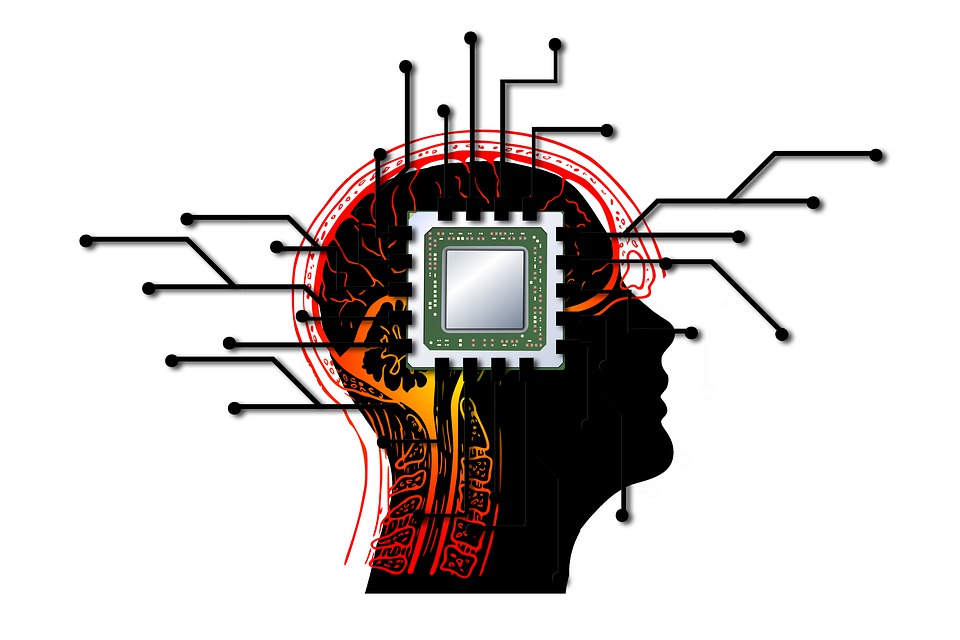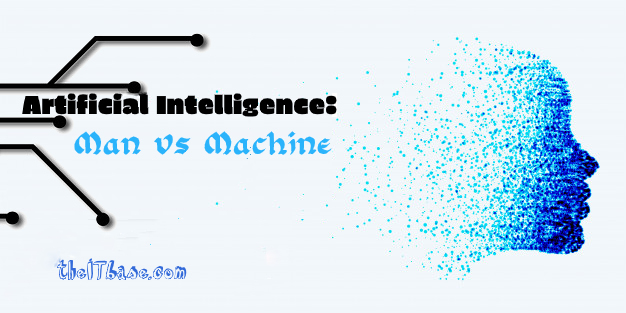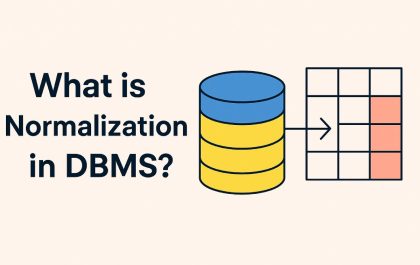The artificial intelligence AI means the exploration of an “intelligent” problem-solving behavior and the creation of “intelligent” computer systems. Artificial intelligence is an integral part of most software.
In general, Artificial Intelligence tries to emulate decision-making structures that resemble human beings in an environment that is not clearly defined. So it looks for methods that allow a computer to solve tasks so that if they are to be cracked by humans, they require intelligence.
Table of Contents
ToggleAI
The research field “Artificial Intelligence” (AI) tries to reproduce human perception and human action through machines. What began as a science of computer programming has become more and more the research of humanoid thought.
Because after decades of research, one has recognized the impossibility of creating a “thinking” machine without first having researched and understood human thinking itself.
To this day, it has not even been possible to reconstruct human intellectual achievements as a whole with machines. A big obstacle is language processing. Even the execution of simple commands is a highly complex process for a device.
Related Post: Emerging Technologies

The Intelligence of the Future is a Machine
AI is no longer just a possible scenario, but reality. And so in all sectors of the economy, there is heated debate about how artificial intelligence (AI) and people will work together in the future – and whether the human brain will still be part of economic value added at all. My three insights for media planning between man and machine:
AI is no longer just a possible scenario, but reality. And so in all sectors of the economy, there is heated debate about how artificial intelligence (AI) and people will work together in the future – and whether the human brain will still be part of economic value added at all. My three insights for media planning between man and machine:
1, Artificial intelligence AI is the better analyst
Artificial intelligence will help agencies and brands to gain better and deeper audience insights.
These provide us with a picture of the digital customer journey that we have not had before. But other algorithms do, too, the critic may think. In part, this is true: programs have been analysing data for a long time more efficiently and to a greater extent than humans can.
Artificial intelligence combines this scalability and speed of analysis with the nose of a market researcher. These programs are designed to explore more and more efficient ways of solving a problem – they find unexpected connections.
Through machine learning, they collect empirical values for future analyses. And last but not least, artificial intelligence is also a swarm intelligence.
2, Man and machine understand more together
Based on these findings, agencies are already making better decisions. In the future, some of these decisions made by artificial intelligence.
The program optimises creative, targeting filters, and real-time campaign engagement, with a lot of iterations that would not be humanly possible for the agency.
Campaign management will also be scalable and efficient. And the media agency, which just a few years ago has manually booked campaigns and improved creatives, is spending more time securing its holistic brand presence.
3, Man remains an engineer
If that were the only human contribution to media value creation, the industry would have to fear for its existence. Some pessimists believe that this automation and AI will destroy nearly half of all human jobs.
Most of these jobs will probably be engineer-related jobs such as CNC machining and other mechanical engineering.
In doing so, they forget one of the main tasks of the agencies, the strategic media consultancy, which we, with the help of colleague, can make more targeted, active and agile.
It is our contribution to value creation: differentiation instead of uniformity. While the algorithm analyses, optimises, tracks and monitors for us, human resources have time and budget resources for brainwork, surprising ideas, and umbrella strategies. For lighthouse communication and cross-brand branding.
Also Read: What the IoT is and Why you should be interested?
“The intelligence of the future is a machine. AI is no longer just a possible scenario, but reality”.
Shashi Teja
Related posts
Hot Topics
Enhancing School Safety with Intelligent Threat Response Systems
Introduction According to the K-12 School Shooting Database, there were 346 school shootings in the United States in 2023 alone,…
What is Normalization in DBMS: The Complete Guide
What is normalization in DBMS? Look, I’m gonna be straight with you – when I first heard this term, I…



